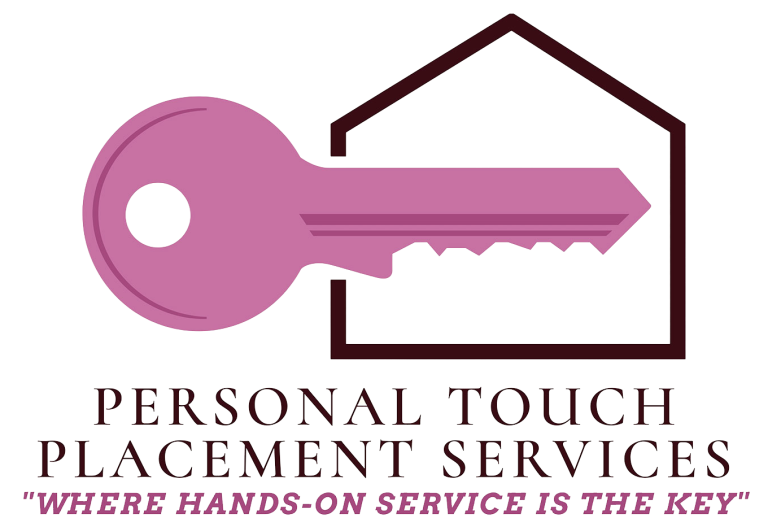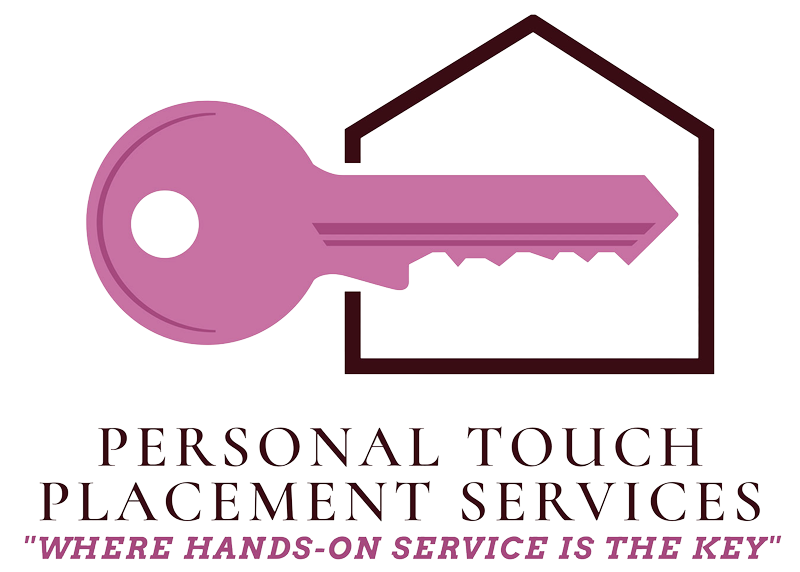The Hidden Costs of Waiting: Why Early Senior Care Planning Matters
For many families, the decision to explore senior living options only comes after a crisis: a fall, a sudden hospitalization, or a late-night phone call that shakes everything. In those stressful moments, time is limited, emotions run high, and decisions are often rushed. But what if there was a better way?
Early planning for senior care can reduce stress, improve quality of life, and ensure families make informed choices—not desperate ones. This blog explores why starting the conversation early can make all the difference.
Senior Living Isn’t Just About Decline—It’s About Opportunity
There’s a stigma around the idea of “senior homes,” often tied to loss of independence. But modern senior communities are nothing like the cold, institutional environments of the past. Today’s assisted living, memory care, and board and care homes offer vibrant social lives, wellness programs, restaurant-style dining, and activities that many seniors find enriching.
Early planning allows your loved one to take an active role in shaping their future—choosing the community, the location, even the layout of their room—before declining health makes those decisions harder or impossible.
We always thought we had more time. Then Dad’s health took a turn, and suddenly we were scrambling to find care with no plan, no paperwork, and no idea what he really wanted. Looking back, I wish we’d sat down with him sooner—when he could still guide the decisions. Planning early isn’t just about logistics, it’s about honoring your loved one’s voice before the moment passes.
— Samantha K.
The Financial Side: More Options, Less Stress
Waiting until a crisis hits can severely limit financial flexibility. By planning ahead, families can explore:
- Long-term care insurance options
- Veterans’ benefits (like Aid and Attendance)
- Medi-Cal planning in California
- Private-pay budgeting with more clarity
Placement specialists can help evaluate what communities are in budget, what programs your loved one may qualify for, and how to maximize value. When you’re rushing, those options often get missed.
Availability Isn’t Guaranteed in a Crisis
High-quality senior communities often have waitlists, especially the ones that offer specialized care like dementia support or small residential settings. If your ideal facility doesn’t have immediate availability when you’re in a time crunch, you could be forced into a “Plan B” that doesn’t meet your loved one’s needs.
Starting the conversation early lets you reserve a spot, explore multiple communities, and make a move on your own terms—not the hospital’s discharge deadline.
Legal and Medical Planning Made Easier
When care needs are escalating quickly, it’s easy to overlook essential documents like:
- Power of attorney
- Advance healthcare directive
- Living wills
- HIPAA release forms
- Medication records and doctor’s notes
Early planning ensures all legal and medical needs are documented, up to date, and ready to go if and when a transition happens. It also gives you time to gather records, prescriptions, and insurance details without panic.
Emotional Preparation for All Involved
Even when the move is the right decision, transitioning to senior care can bring up a mix of emotions—fear, grief, guilt, or even resistance. Having time to talk about it allows for:
- Open, judgment-free conversations
- Gradual exposure through tours and meet-and-greets
- Trial stays or respite care to test the waters
- Emotional closure when leaving a long-time home
All of these help the senior and their loved ones feel confident, respected, and empowered throughout the process.

The Role of a Placement Professional in Early Planning
A placement advisor isn’t just there in a moment of crisis—they’re an invaluable partner in early planning. They provide:
- Education on levels of care
- Personalized assessments
- Community tours and vetting
- Budget guidance
- Referral to elder law attorneys, benefits advisors, and other resources
Their insights help families avoid common pitfalls, understand what to expect, and create a strategy that aligns with both needs and values.
Real Life: A Tale of Two Families
Family A waited until their mother fell and broke her hip. They had 48 hours to find a facility, had no power of attorney on file, and ended up paying more for a home she didn’t like.
Family B began planning when mom was still walking and gardening. They toured communities over time, involved her in the decision, and had everything in place when her health changed. The result? A smooth, respectful transition.
Which scenario would you prefer?
The best time to talk about senior care isn’t after something goes wrong—it’s now. Whether your loved one is still active or beginning to show subtle changes, taking the first step early opens up more choices, reduces stress, and preserves dignity for everyone involved.
Working with a trusted senior placement advisor ensures the journey is guided, thoughtful, and grounded in what matters most: the well-being of your family.


